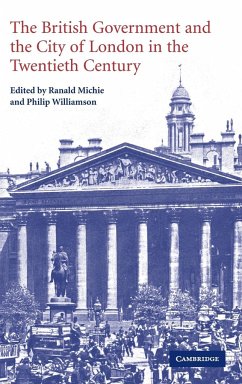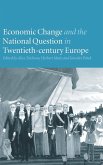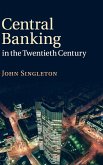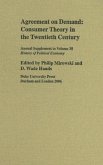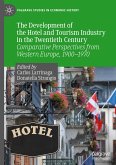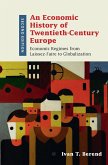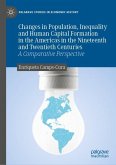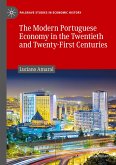Short description/annotation
Historical assessment of recent relations between the British Government and the City of London.
Main description
The relationship between the British government and the City of London has become central to debates on modern British economic, political and social life. For some the City's financial and commercial interests have exercised a dominant influence over government economic policy, creating a preoccupation with international markets and the strength of sterling which impaired domestic industrial and social well-being. Others have argued that government seriously constricted financial markets, jeopardising Britain's most successful economic sector. This collection of essays is the first book to address these issues over the entire twentieth century. It brings together leading financial and political historians to assess the government-City relationship from several directions and by examination of key episodes. As such, it will be indispensable not just for the study of modern British politics and finance, but also for assessment of the worldwide problem of tensions between national governments and international financial centres.
Table of contents:
Part I. The Long Perspective: 1. The City of London and government in modern Britain: debates and politics Philip Williamson; 2. The City of London and the British government: the changing relationship Ronald Michie; Part II. Markets and Society: 3. Markets and governments Forrest Capie; 4. Financial elites revisited Youssef Cassis; 5. The City and democratic capitalism 1950-70 Richard Whiting; Part III. Government and Political Parties: 6. The treasury and the City George Peden; 7. The liberals and the City 1900-31 Anthony Howe; 8. The conservatives and the City Ewen Green; 9. Labour party and the City 1945-70 Jim Tomlinson; Part IV. The Inter-War Period: 10. Moral suasion, Empire borrowers and the new issue market during the 1920s Bernard Attard; 11. Government-City of London relations under the gold standard, 1925-31 Robert Boyce; 12. The City, British policy and the rise of the Third Reich, 1931-37 Neil Forbes; Part V: 1945-2000: 13. Keynesianism, sterling convertibility and reconstruction, 1944-52 Scott Newton; 14. 'Mind the gap': politics and finance since 1950 Arthur Thomas; 15. Domestic monetary policy and the banking system. 1945-71 Duncan Ross; 16. The new City and the state in the 1960s Catherine Schenk; 17. The Bank of England 1970-2000 Charles Goodhart.
Historical assessment of recent relations between the British Government and the City of London.
Main description
The relationship between the British government and the City of London has become central to debates on modern British economic, political and social life. For some the City's financial and commercial interests have exercised a dominant influence over government economic policy, creating a preoccupation with international markets and the strength of sterling which impaired domestic industrial and social well-being. Others have argued that government seriously constricted financial markets, jeopardising Britain's most successful economic sector. This collection of essays is the first book to address these issues over the entire twentieth century. It brings together leading financial and political historians to assess the government-City relationship from several directions and by examination of key episodes. As such, it will be indispensable not just for the study of modern British politics and finance, but also for assessment of the worldwide problem of tensions between national governments and international financial centres.
Table of contents:
Part I. The Long Perspective: 1. The City of London and government in modern Britain: debates and politics Philip Williamson; 2. The City of London and the British government: the changing relationship Ronald Michie; Part II. Markets and Society: 3. Markets and governments Forrest Capie; 4. Financial elites revisited Youssef Cassis; 5. The City and democratic capitalism 1950-70 Richard Whiting; Part III. Government and Political Parties: 6. The treasury and the City George Peden; 7. The liberals and the City 1900-31 Anthony Howe; 8. The conservatives and the City Ewen Green; 9. Labour party and the City 1945-70 Jim Tomlinson; Part IV. The Inter-War Period: 10. Moral suasion, Empire borrowers and the new issue market during the 1920s Bernard Attard; 11. Government-City of London relations under the gold standard, 1925-31 Robert Boyce; 12. The City, British policy and the rise of the Third Reich, 1931-37 Neil Forbes; Part V: 1945-2000: 13. Keynesianism, sterling convertibility and reconstruction, 1944-52 Scott Newton; 14. 'Mind the gap': politics and finance since 1950 Arthur Thomas; 15. Domestic monetary policy and the banking system. 1945-71 Duncan Ross; 16. The new City and the state in the 1960s Catherine Schenk; 17. The Bank of England 1970-2000 Charles Goodhart.

